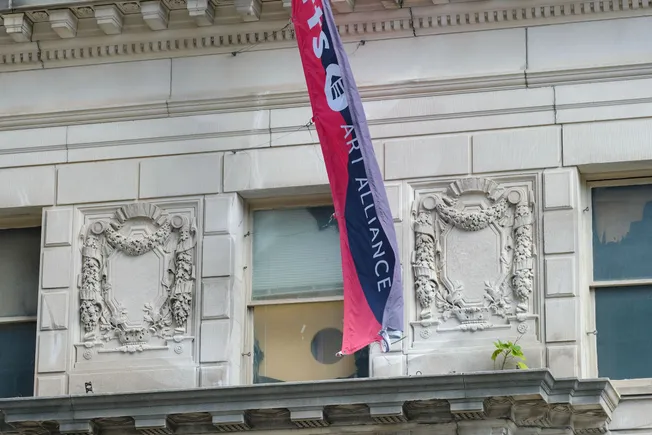Dive Brief:
-
West Virginia Gov. Jim Justice declared a state of emergency last week over ongoing complications with the Free Application for Federal Student Aid, temporarily suspending a requirement for high school students to complete the form in order to qualify for the state’s biggest college financial aid programs.
-
The move comes as the U.S. Department of Education has faced a tumultuous rollout to update the FAFSA. Because of the difficulties with the new form, West Virginia’s high school FAFSA completion rate is down almost 40%, according to a statement from the governor’s office.
-
Several other states require high school students to complete the FAFSA in order to graduate. Among them is Illinois, where legislators are considering a bill to lift the requirement for the 2023-24 school year.
Dive Insight:
The complications with the Education Department’s revamped FAFSA are continuing to create strain for families and states alike.
“I don’t believe any other state in the nation has gone this far, but I simply cannot and will not stand by as money sits on the table that could be helping our students continue their education,” Justice said in a statement last week.
While Justice said the state has ramped up outreach efforts, such as holding over 200 FAFSA workshops statewide, he said “there’s only so much outreach you can do when students can’t complete the form due to issues only the federal government can control.”
Currently, eight states — Alabama, California, Colorado, Illinois, Louisiana, Maryland, New Hampshire and Texas — require FAFSA completion as a high school graduation prerequisite, according to the National College Attainment Network. Seven other states are set to implement similar requirements over the next four years. West Virginia has not instituted such a policy, but requires completion for state financial aid programs.
In March, Louisiana — the first state to implement a FAFSA graduation policy — decided to repeal its requirement as of the 2024-25 school year. That change came after Louisiana Superintendent of Education Cade Brumley told state school board members that the policy was unfair to students, WWNO reported.
“They should not have to wait on their parent to complete a FAFSA or an opt-out form for FAFSA in order to graduate,” Brumley said.
Research has found that these policies can help states raise their FAFSA completion rates. For instance, in Louisiana, Alabama and Texas, the number of FAFSA completions increased by about 25% after the new requirements were implemented, Higher Ed Dive reported.
To ease the latest FAFSA challenges at the federal level, the Education Department recently announced a $50 million effort to assist families amid the new form’s botched rollout. The investment will go to organizations already working with schools and districts to improve college access and enrollment.












.jpg?itok=F2C4uk0x)







Discussion about this post